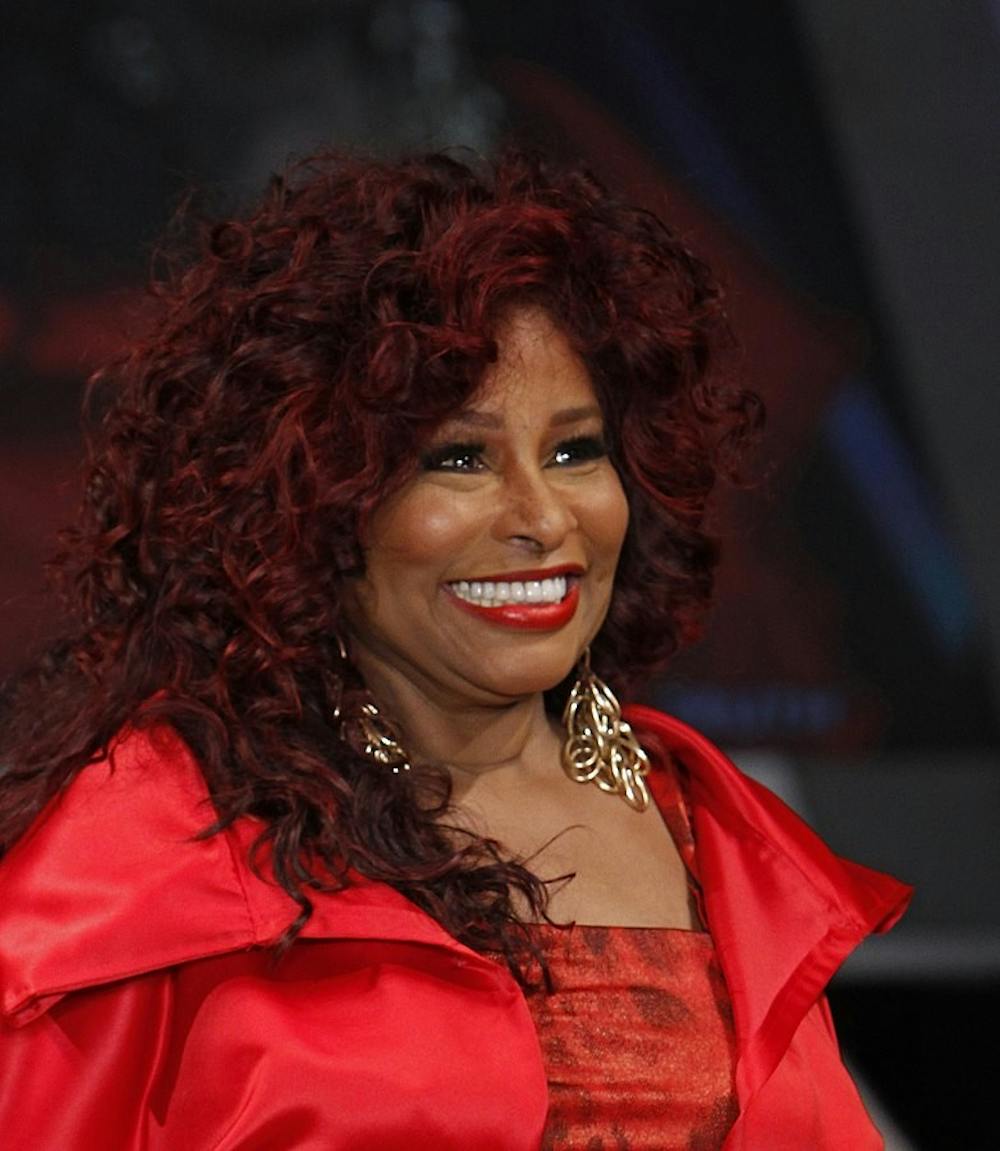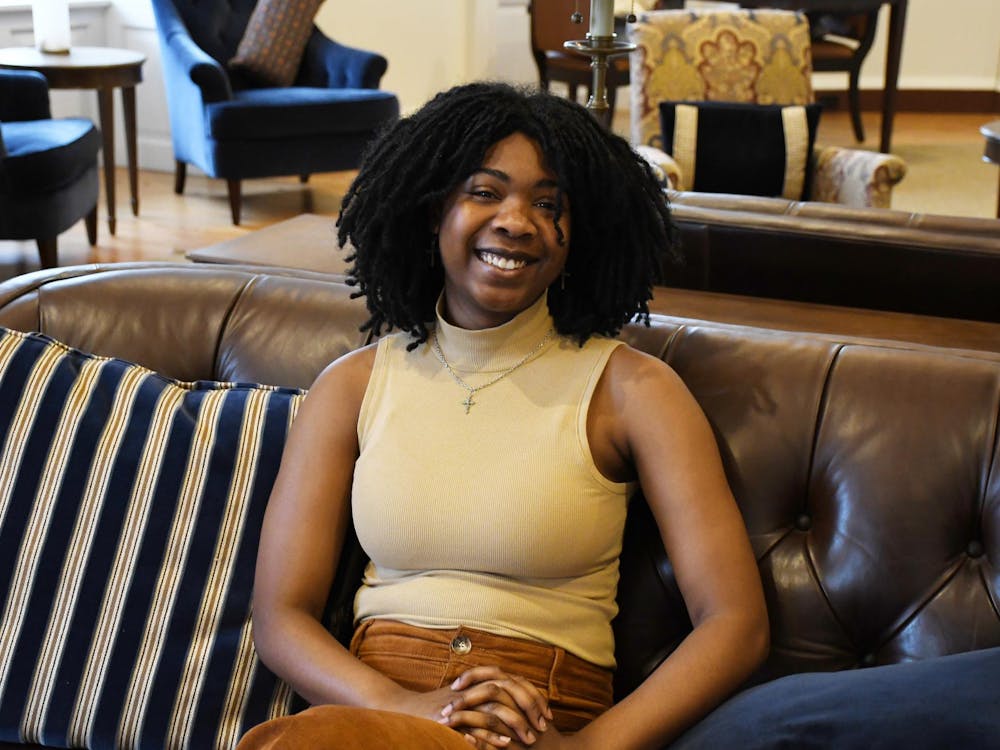The previous album from Chaka Khan — 2007’s “Funk This” — found the singer reminiscing on the past, set to a mostly analog musical backing. Her new album “Hello Happiness” — released on Feb. 15 — inverts this formula, with little room for lyrical recollection but with music that recalls the synths of her acclaimed early work with producer Arif Mardin. On “Hello Happiness,” after a bout of prescription drug addiction, Khan shuns a personal past and embraces a musical one, in the title track saying an anodyne “goodbye” to silence and “hello” to the happiness of music. The album is an act of escapism from professional neglect and personal crisis — seeking a path to contemporary viability as Khan approaches her fifth decade as a recording artist.
“Hello Happiness” ends Khan’s nearly 12-year hiatus from releasing new studio albums. As musical hiatuses go, this is long, but compared to similar efforts this decade by David Bowie and D’Angelo, Khan’s return is less satisfying. At 27 minutes, “Hello Happiness” is the shortest album of Khan’s career and under half the length of its predecessor.
This is a tight album, but it is not devoid of filler. The lyrically bare “Don’t Cha Know” and the reggae-inspired “Isn’t That Enough” are forgettable, and Khan, known for her anthems, does not sing any anthems here. The most interesting track on the album, “Too Hot,” finds Khan performing in a lower register that resembles the crisp huskiness of late-career R&B icon Etta James. Not coincidentally, “Too Hot” is also the track that leaves the most room for Khan’s scorching vocals.
Although the two singles released ahead of the album — “Hello Happiness” and the zany “Like Sugar” — are vocally commanding, they are lyrical drivel. Khan still has an impressive voice, but after years for songwriting, her lyrics underwhelm. One song on “Hello Happiness” appropriates another’s verses, and in the album’s most absurdly self-referential moment, what Khan and her collaborators muster is, “This music is yours / And this beat is mine.”
The production — by former Major Lazer member Switch and singer-songwriter Sarah Ruba — surrounds Khan with overbearing musical backing. This is an effective strategy for concealing diminished vocal abilities — Rodney Jerkins, for instance, pursued the strategy to ample effect in his work with Whitney Houston. Yet as Khan’s recent performance at Aretha Franklin’s funeral attests, her vocals are far from lacking, making the decision to suffocate her vocals here baffling.
Khan’s most singular recordings — “I’m Every Woman,” “I Feel for You,” “Through the Fire,” even “Disrespectful” — were written by collaborators, but with “Hello Happiness,” Khan takes the lead songwriting credit on all seven songs. The absence of high-profile songwriters on the new album is unsurprising — Khan is at a stage of her career where prominent industry connections fade away — but the absence of covers on “Hello Happiness” is disappointing. Khan has the talent to sing classics but instead indulges in mediocrity.
This is an indecisive album, unsure whether to return to the sound of Khan’s prime or gesture in a new direction. There is a difference between homage and revanchism, but “Hello Happiness” does not recognize it. While the intermittent interpolations of applause in “Don’t Cha Know” recall Khan’s cover of “I Feel For You” and the scaling synths of “Like a Lady” allude to her early work in disco, the album’s trap-inflected beats reveal an underdeveloped plan to accommodate changes in popular music since “Funk This.” On “Hello Happiness,” confident vocals and production belie an album that fails to overcome the shadow of Khan’s early material.






